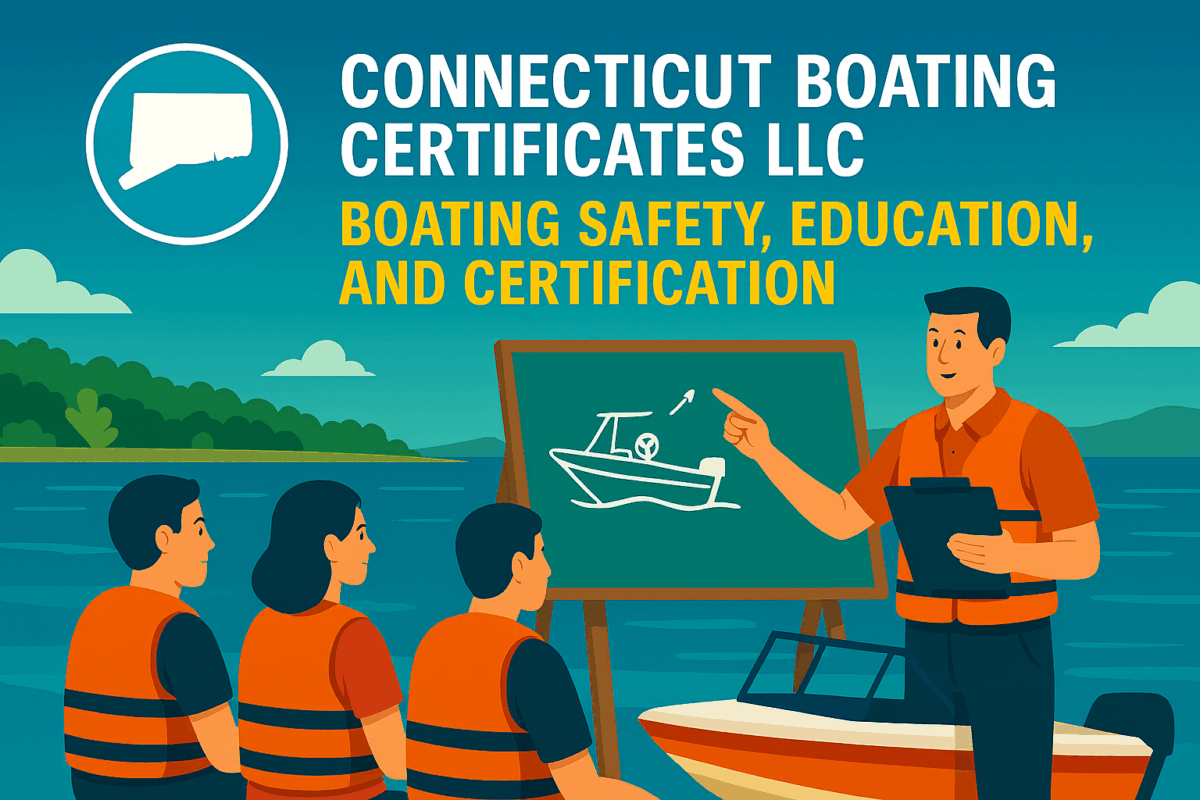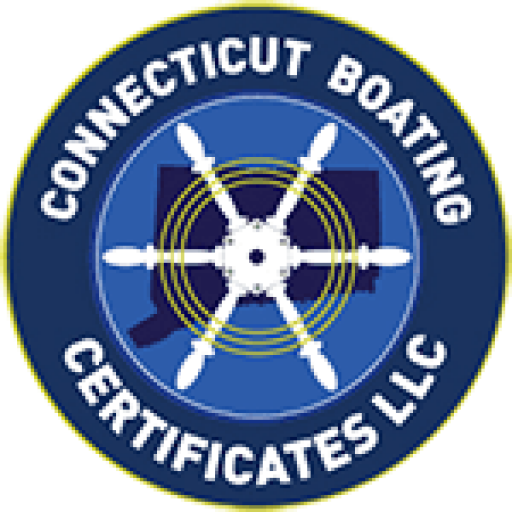Call: 1-800-832-7191

NMEA 2000
What Is NMEA 2000?
NMEA 2000 is a marine electronics networking standard that simplifies communication between onboard devices. It replaces older, complex wiring systems. With NMEA 2000, boaters connect GPS, sonar, engine data, and more through a single backbone cable.
This system improves reliability and reduces installation time. Devices from different manufacturers can communicate seamlessly. Because of this compatibility, boaters enjoy more flexibility when upgrading or expanding their systems. NMEA 2000 also supports real-time data sharing, which enhances safety and navigation.
Benefits of a Unified Marine Network
Boaters choose this set up for its simplicity and efficiency. It uses a plug-and-play design that minimizes setup errors. Unlike older systems, it doesn’t require custom wiring for each device. This saves time and reduces troubleshooting.
Additionally, the network supports multiple data types. You can monitor fuel levels, engine performance, and weather conditions—all on one display. As a result, decision-making becomes faster and more informed. The system also allows for future expansion, making it ideal for growing fleets or tech upgrades.
NMEA 2000 Compatibility and Installation Tips
Installing NMEA 2000 requires a backbone cable, T-connectors, and terminators. Each device connects through a drop cable. Following manufacturer guidelines ensures proper voltage and signal strength. Because the system is standardized, most marine electronics brands support it.
Before installation, plan your network layout carefully. Avoid sharp bends and excessive cable lengths. Use waterproof connectors to prevent corrosion. With proper planning, your system network will perform reliably for years. Regular inspections help maintain optimal performance and prevent data loss.
Why NMEA 2000 Matters for Modern Boaters
This system empowers boaters with smarter, safer, and more connected experiences. It supports advanced features like autopilot integration and digital switching. These capabilities reduce manual tasks and improve vessel control.
As marine technology evolves, 2000 remains a trusted foundation. It adapts to new devices and software updates. Because of its scalability, boaters can future-proof their systems. Whether you’re a weekend cruiser or a commercial captain, this network delivers consistent value.
The standard continues to shape the future of marine electronics. It simplifies connectivity, enhances safety, and supports innovation. For boaters seeking reliability and flexibility, it’s the clear choice.
